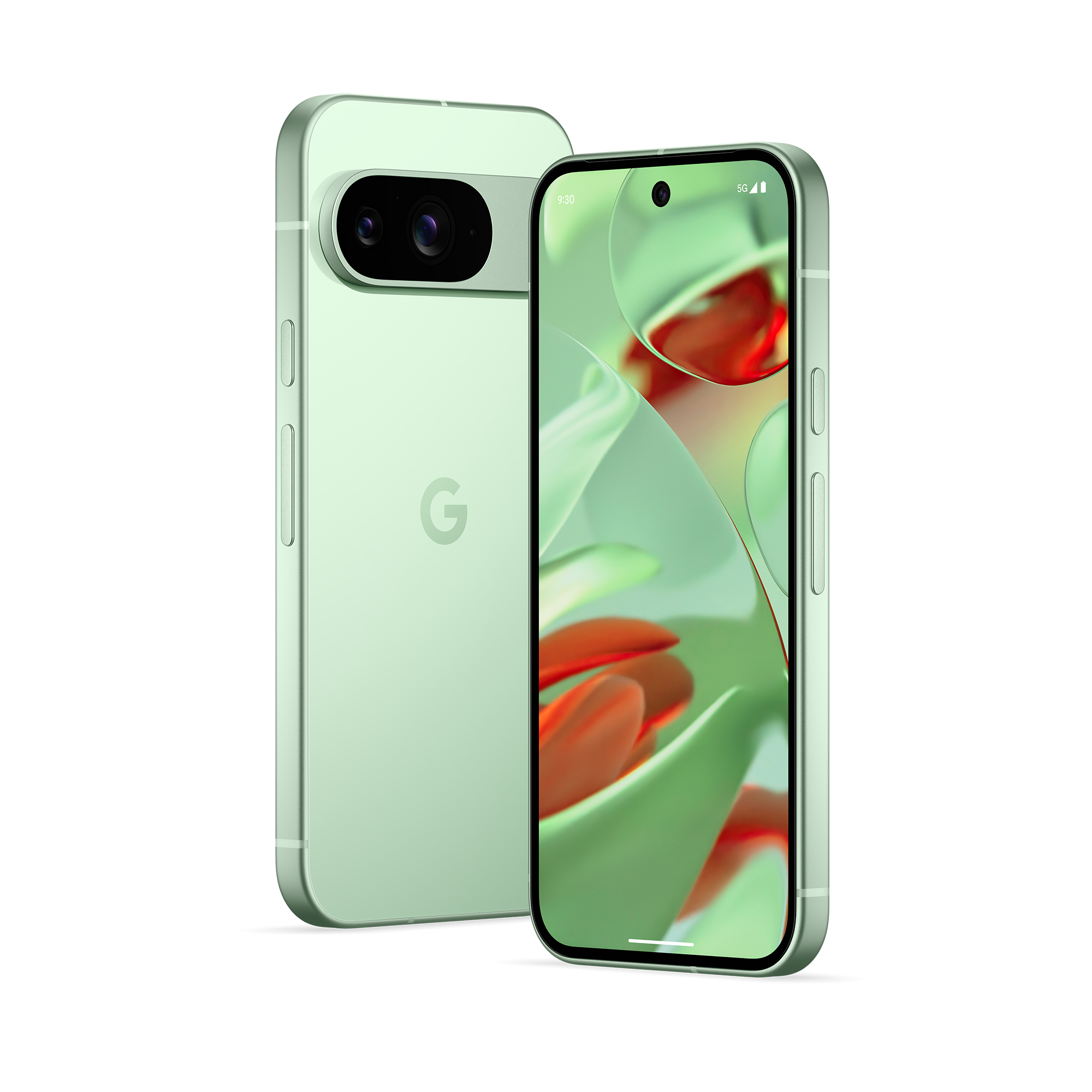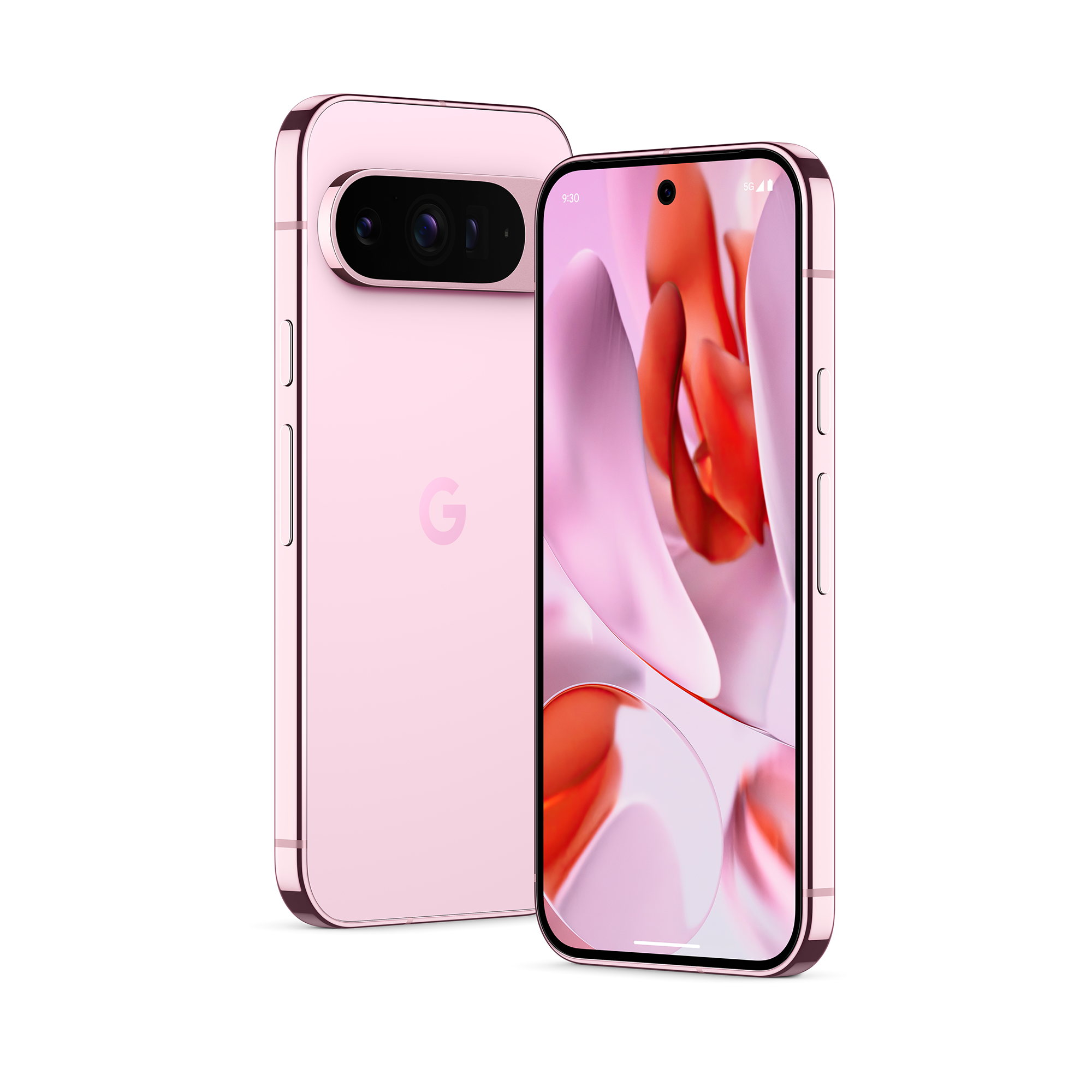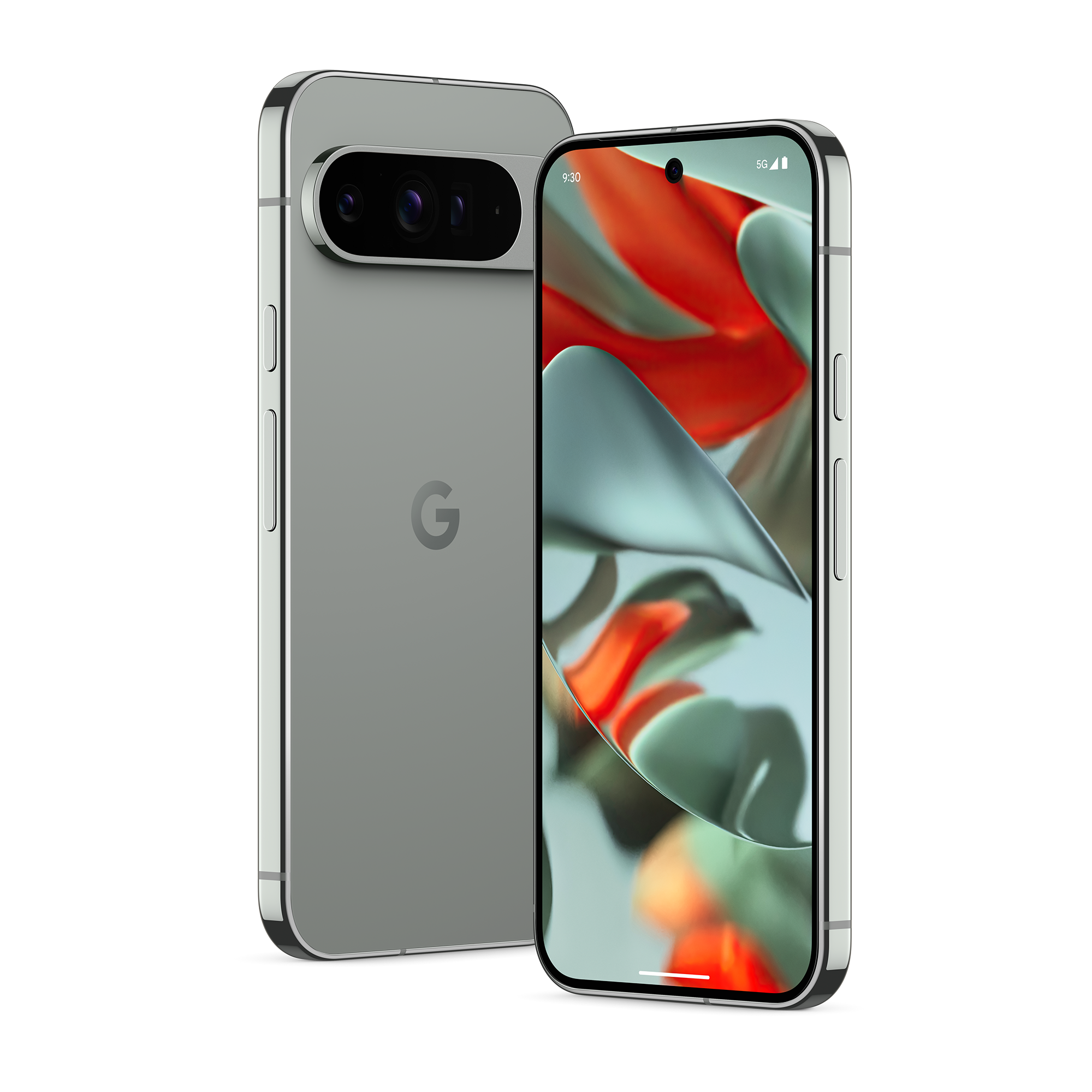At the Pixel launch event recently, Google boasted about its liveGoogle Gemini demos, taking a jibe at Apple’s pre-recorded ones, and then instantly ran into a little faux pas as if karma was at play.
But what lay on the other side of that tricky moment impressively showed us the real-world future of AI — the way you and I are going to use it in our everyday lives. And unlike those flashy Apple Intelligence features that are still a few months away, these Gemini features are already shipping on the latest crop of Google Pixel 9 handsets.
Beating Apple to the punch
Google basically realized Apple’s dream
Gemini itself went through a series of ups and downs, from a big rebranding exercise to its confusing existence alongside Assistant, to ultimately reach its current form. But as Gemini matures and finds its feet in the ever-developing AI space, it’s moving on from being just a novelty feature to one that integrates deeply into your workflow.
If that sounds familiar, it’s because both Rabbit and Humane pitched the same vision with their dedicated hardware. While those brands had multiple barriers to entry (from separate hardware to changing existing interaction habits), Gemini Advanced is available on any of the best Android flagships currently in your hand.
Until June, Siri was consistently crowned as the worst virtual assistant, but it broke that curse at the WWDC stage this year. Apple demonstrated a suite of tempting features that make Siri not only conversational, but also arm it with cross-app capabilities. However, a major problem with Apple Intelligence is its availability — or the lack thereof.
All the Apple Intelligence features won’t arrive until later this year, so even the new iPhone 16 series won’t have any of the smart features at launch. And even when they start rolling out, only the iPhone 15 Pro and newer models will be eligible, leaving millions of non-Pro iPhone 15 owners behind. By comparison, Gemini supports a wide range of Android phones, so more users can try it without buying new hardware.
Entering the era of Gemini phones
Pixel 9, powered by Gemini!
Google spent a lot more time talking about Gemini than the actual hardware powering it, which speaks volumes about how important all those AI tricks are for the company. What stood out was its new Workspace extension that enables Gemini’s cross-app actions.
With this, Gemini is able to do stuff inside supported apps on your behalf, like adding Google Keep notes from information it pulled from the web or creating a custom YouTube Music playlist with just a command. Google may have fumbled with the demo during the event, but we got to try these features, and they seem to work as advertised — for the most part, that is.
When my colleague Will Sattelberg gave them a try, Gemini was able to whip up a new music playlist, which would’ve otherwise taken hours to put together manually. It was also able to look up the recipe for chicken parmesan and add its ingredients to Keep in a single go. In either case, all it needed was simple instruction in natural language and not some coded keyword that must be uttered in a particular way.
However, everything didn’t go as well as Google had demonstrated. For instance, Gemini couldn’t answer a pretty straightforward question to tell Will when he was free, even though Calendar integration was an advertised feature.
The implementation isn’t foolproof just yet, but it still seems quite promising, and Google is only going to make it better. We’ve already seen Gemini get on-screen awareness along with the option to give you a quick text summary of a YouTube video you have opened on the screen. It will make it quite easy to sift through those arduous three-hour podcasts that have more fluff than substance.
Even more such interesting stuff is rumored to be on the way, indicating that Google is going full throttle with its AI efforts for end users.
We heard that integrations for WhatsApp and Google Messages are just around the corner, meaning Gemini will be able to pull contextual information from your texts to personalize the results. Like, you can ask for your partner’s flight details, and it will find the right information from your chats — hopefully with stringent privacy measures in place, such as offline data processing.
Apple, too, showcased similar integrations for Siri, but none of those features made it to the iOS 18.1 beta, so it could take even longer to finally reach all eligible iPhone users. And even the Apple Intelligence features that did ship with this beta, such as its Magic Editor clone, don’t particularly seem that promising, as shown in the comparison below.
Gemini, and its complementary problems
Every company wants to make AI as conversational and chatty as a human. Google’s answer to OpenAI’s GPT-4o, Gemini Live, can chat with you for hours about nonsensical matters, serious philosophical questions, and can even help you prepare for interviews. However, it can’t execute tasks on your phone like “regular” Gemini can do, which creates further confusion for users as to which version of Gemini is made for which task.
Besides Gemini, the Pixel 9 series has advanced AI tools for image generation and modification. In extensive tests performed by Digital Trends’ Joe Maring and The Verge’s Allison Johnson, these tools didn’t shy away from creating questionable and sometimes copyright-infringing content without giving a single moderation warning. Some AI edits look so realistic that regular people won’t be able to tell a real photo from generated media.
Google does use SynthID to add invisible watermarks to identify AI-generated content, but it’s a proprietary technology with limited availability, which keeps it from becoming a universal tool for identifying misinformation and hyper-realistic AI images and videos. The tool is of no use to end users, who must rely on their discretion to make out fake content from real ones.
Showing how it’s done with Gemini
Despite its ongoing troubles that aren’t too different from its other AI peers, we’re seeing Gemini’s full potential as a part of Google’s larger app ecosystem instead of as a standalone tool. Google’s AI is evidently more capable than Apple’s version, and is available more widely across devices, languages, and regions, something Apple will take some time to match.
With the iPhone 16 launch just around the corner, the ball is now in Apple’s court — it can either level up its game or leave iPhone users envious of the new AI-enhanced Android devices. In this rivalry, though, there’s going to be just one clear winner: the consumers.
-

Google Pixel 9
The Pixel 9 is Google’s most affordable 2024 flagship, making a few compromises when compared to the Pixel 9 Pro and Pro XL while retaining the Google smarts the lineup has become known for. An upgraded 48MP ultra-wide camera is paired with a 50MP main shooter, and the selfie cam added autofocus. All of this comes with new Gemini AI features and a 2,700-nit Actua display for exceptional value at its price point.
-

Google Pixel 9 Pro
The Pixel 9 Pro is a new addition to Google’s lineup, slotting in as a smaller premium flagship to pair with the Pixel 9 Pro XL. The latter is the direct successor to 2023’s Pixel 8 Pro despite its new XL moniker, whereas the Pixel 9 Pro brings a new form-factor to Google’s high-end offerings, sporting the same dimensions as the standard Pixel 9 model while packing all the AI and camera prowess we’ve grown accustomed to from Google’s Pro lineup.
-

Google Pixel 9 Pro XL
The Pixel 9 Pro XL has a new name, but it fills the same slot as 2023’s Pixel 8 Pro, having similar specs with roughly the same footprint. The non-XL Pixel 9 Pro is new to the lineup as a smaller premium flagship offering. With the 9 Pro XL, however, you get Google’s fastest charging, a bigger screen and battery, and all of the camera and Gemini AI smarts you’d get in the smaller 9 Pro.
Source link




